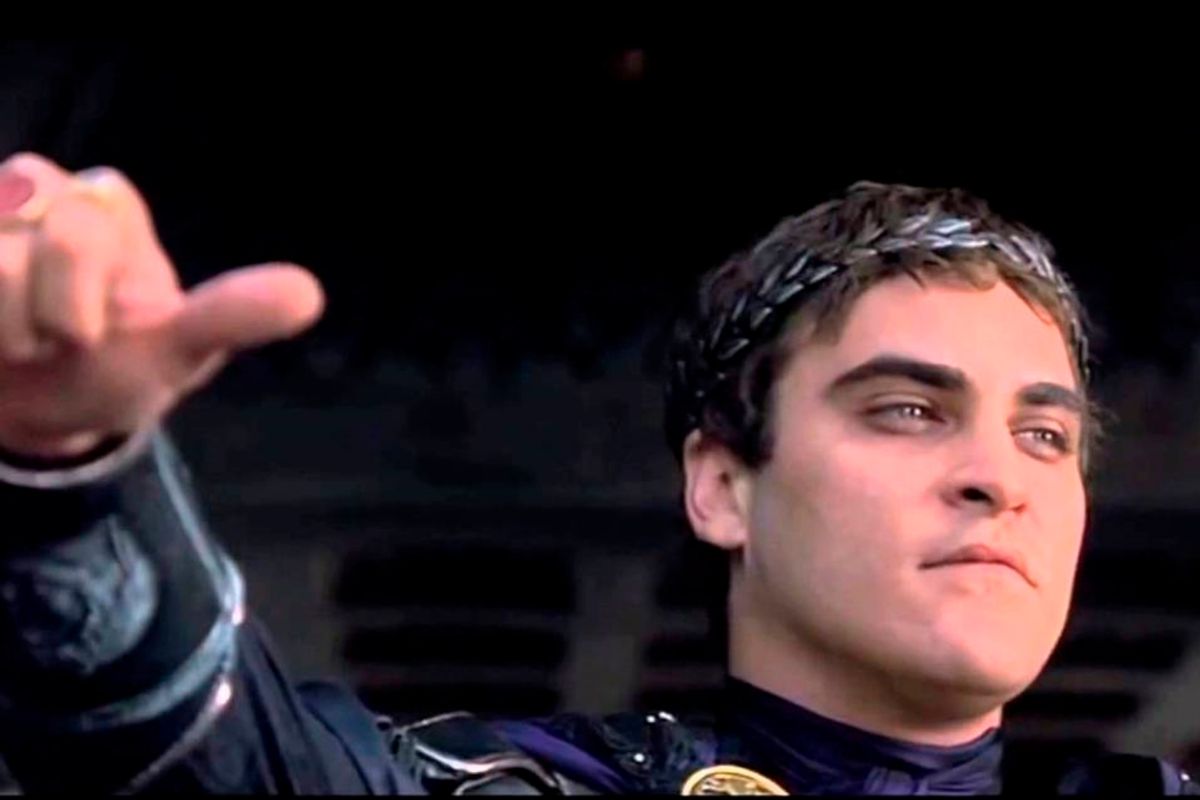- Santiago Posteguillo.The return of Julia
- History: When God left Constantinople
- Kyle Harper: The Roman Empire fell due to climate change
- Edward J. Watts: what the fall of the Roman Republic can teach Pedro Sánchez
- Discovery Rome discovers the imperial apothecary, frequented by Galen, in the heart of the Forums
Pirates like those of Asterix, palace conspirators, fratricidal emperors, corrupt senators, psychopathic tyrants , brutalized legionaries, adulterous queens, swindling sorcerers, rapists and pimps ... The cast of Infamy. The Crime of Ancient Rome by Jerry Toner (edited by Desperta Ferro; now available for sale online and distributed by mail despite the coronavirus) is recognizable to any historical novel reader. Inside pages, Infamy is that and it is something else: it is a noir made essay, it is a history book and it is a manual of Criminal Law and, in addition, it has an unforgettable phrase in its first pages. " The Romans saw themselves as real sons of bitches ." Why? Because it is very likely that Romulo and Remo's magnifying glass was not a wolf but a prostitute.
Let's start with the law. Infamy portrays a world of, indeed, motherfuckers in which the whim of the strong had the life of the weak. Why Rome, so sophisticated in its law, could not guarantee a little legal certainty for its inhabitants? "The Law in Rome was not a system made to satisfy everyone equally," Toner explains to EL MUNDO. «Roman Law was basically Civil Law. Above all, it concerned property disputes and therefore responded to the concerns of the wealthy . Couldn't we say the same about Civil Law today? ».
"The tools of the State were very limited compared to those of the states of today, which attend to public health, education, and culture ... At that time, nobody expected from the State more than public order, so that what seems to us a failure today, then was seen naturally. Furthermore, the law in Rome did not guarantee legal certainty but at least made a rhetorical statement about the crime , calling it unacceptable. It is already something important. It allowed the poor to have a remote hope of defending their rights.
We continue with the policy. Why didn't Rome develop a system of succession in power that would save him from family conspiracies, purges, and stabbings ? «The constitution of Rome was made to govern a city-state. During the early and middle Republic, when Rome was relatively small, the system worked, keeping ambitious politicians under control. The problem started because there was a time when the Army became bigger than the State. Soldiers' loyalty was directed to their commanders, so successful military men like Mario, Pompey, or Julius Caesar discovered that they were stronger than the law. Power was concentrated in the hands of a few men who competed and who discovered that there were no other rules for them than those of the fight to life and death ».
"During the republic," Toner continues, "the SPQR [the Senate that ruled Rome] was made up of a small group of aristocrats trained as orators and connoisseurs of the laws and justice of the courts . Later, the emperor became the main source of law. It is difficult to know how crime evolved with these changes, because Rome did not keep that record. He didn't even have a police. The closest thing was the body of serene that Augusto implanted ... We tend to think that the absence of a police implies high crime, but it is not a certainty. What is certain is that the agenda of those who were a crime changed: the emperors persecuted treason. Ordinary people were obsessed with theft . And when the Empire converted to Christianity, crimes against morality appeared ».
A little action? “In Rome there was no organized crime in the style of the mafia, but there were criminal gangs. Pirates became very powerful. In Italy, Bulla Felix was the greatest bandit of his time . Between 205 and 207 BC, when Seventh Severus ruled, he had an army of 600 thieves who escaped the persecution of the legions for a couple of years. The name by which we know it means 'lucky and charming' and it is true that it is a charming figure. He did not kill his prisoners, robbed them and let them go. If they were artisans, I would ask them for some work and pay them generously. He distributed his booties according to the needs of his companions. He was almost a socialist. In the end, they captured him and executed him. Her story is too good to be entirely true. It may be that his life is literature to express political criticism.
Critical, yes, because the laxity of Rome, in the long run, did not work. Being a real son of a bitch and being a mass motherfucker gives a lot of problems . This is why the severity of the Christians was attractive to so many Romans who wanted to be good: "The first Christians defined themselves as opposed to Rome and that included its legal system, its criminality and its brutality."
According to the criteria of The Trust Project
Know more- history
- culture
- Italy
- Justice
- literature
LiteratureThe return of Santiago Posteguillo or when Rome burned between incests, regicides and betrayals
The Paper SphereRoberto Saviano: "Until drugs are legalized, we will not strike organized crime"
CultureBlack plague and 'fake news': the lesson we never learned

